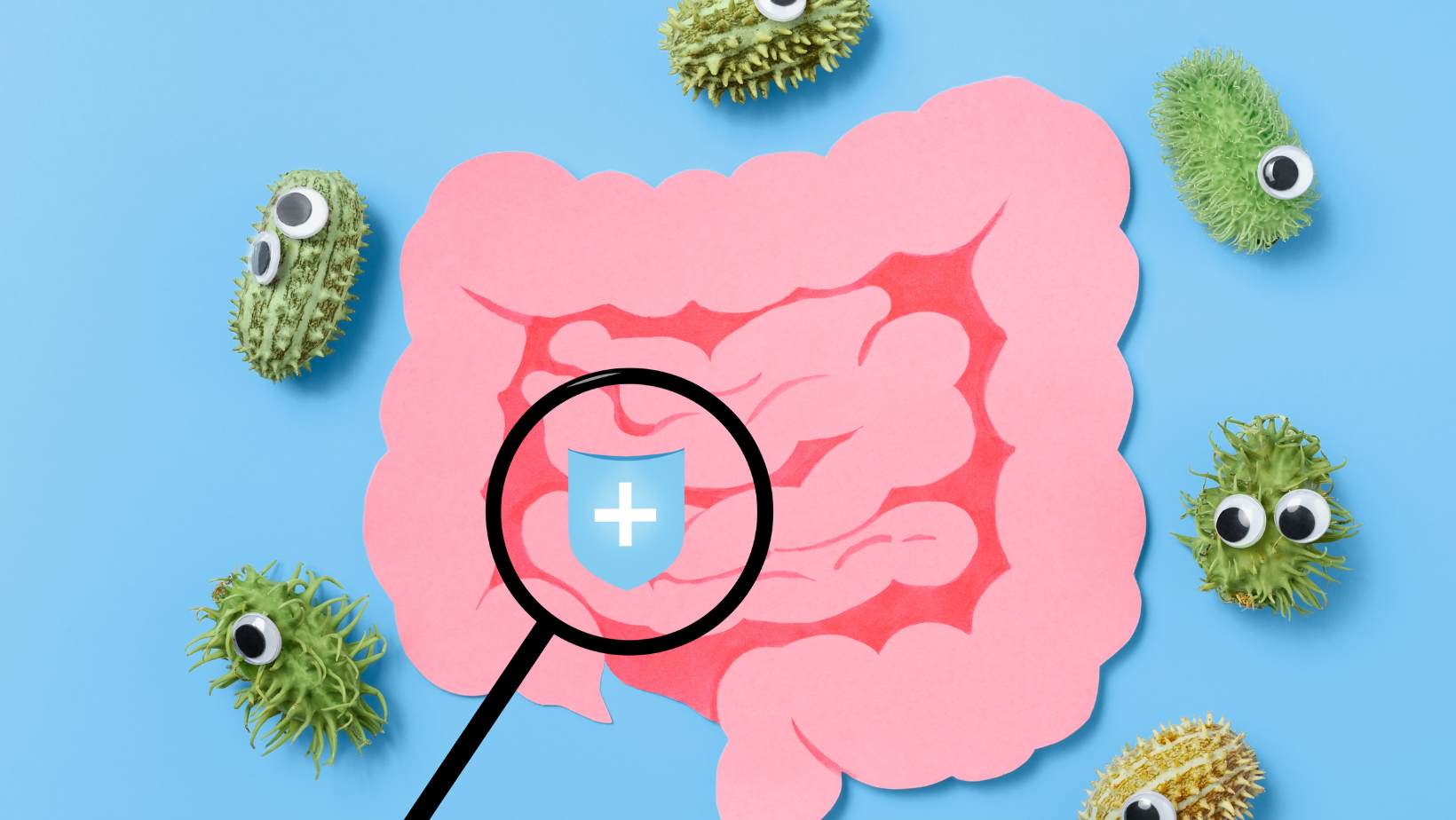Move over, fiber—there’s a new superstar nutrient in the world of gut health, and it’s being churned out right inside your intestines by an elite group of probiotic bacteria. According to a groundbreaking study published in the journal Nutrients, folate-producing microbes like bifidobacteria could be the key to enhancing the health benefits of probiotic supplements and foods [1].
The study, led by Dr. Gianna Rossi and her team at the University of Modena and Reggio Emilia in Italy, delves into the intricate world of folate metabolism within the gut microbiome. Their findings suggest that harnessing the power of folate-producing probiotic strains could revolutionize the way we approach gut health and disease prevention.
Folate: The Unsung Hero of the Gut
Folate, a B-vitamin essential for DNA synthesis and cell division, has long been recognized for its crucial role in preventing birth defects and supporting overall health. However, its significance in maintaining a healthy gut environment has often been overlooked.
“Folate deficiency has been linked to an increased risk of colorectal cancer and inflammatory bowel diseases,” explains Dr. Rossi. “By promoting the growth of folate-producing bacteria in the gut, we may be able to enhance the protective effects of the microbiome and reduce the risk of these conditions” [1].
Bifidobacteria: The Folate Factories of the Gut
Among the various probiotic bacteria studied, bifidobacteria emerged as the clear frontrunners in folate production. These beneficial microbes, which dominate the gut flora of breastfed infants, have been found to possess a unique set of genes that allow them to synthesize folate from scratch [1].
Not All Bifidobacteria Are Created Equal
“While most bifidobacteria can produce folate, the amount of vitamin released into the gut environment varies significantly among strains,” notes Dr. Luca Mogna, a co-author of the study. “Our research aimed to identify the most efficient folate producers, which could be used to develop next-generation probiotic supplements” [1].
Harnessing the Power of Folate-Producing Probiotics
The researchers found that two strains, Bifidobacterium adolescentis and Bifidobacterium pseudocatenulatum, stood out as the most promising candidates for probiotic applications. When administered to rats with induced folate deficiency, these strains significantly increased serum folate levels, demonstrating their ability to produce the vitamin in vivo [1].
“Our findings suggest that folate-producing bifidobacteria could be used to develop more effective probiotic supplements, targeting specific health conditions associated with folate deficiency,” says Dr. Rossi. “By combining these strains with prebiotic fibers that stimulate their growth, we may be able to create synbiotic formulations with enhanced health benefits” [1].
The Future of Gut Health: Personalized Probiotic Prescriptions
As our understanding of the gut microbiome continues to expand, the concept of personalized probiotic treatments is gaining traction. By tailoring probiotic strains to an individual’s specific needs and health status, healthcare providers may soon be able to optimize gut health on a case-by-case basis.
“In the future, we envision a world where probiotic prescriptions are as commonplace as antibiotics,” predicts Dr. Mogna. “By harnessing the power of folate-producing bifidobacteria and other specialized strains, we may be able to prevent or even treat a wide range of gut-related disorders” [1].
Folate-Producing Probiotics: Your Questions Answered
Can I get enough folate from my diet alone?
While folate is found naturally in foods like leafy greens, legumes, and liver, many people may not consume enough of these foods to meet their daily requirements. Additionally, certain health conditions and medications can interfere with folate absorption, making it difficult to maintain optimal levels through diet alone [1].
Are all probiotic supplements created equal when it comes to folate production?
No, not all probiotic strains are capable of producing folate, and even among those that can, the amount of vitamin produced varies significantly. The study highlights the importance of selecting specific folate-producing strains, such as B. adolescentis and B. pseudocatenulatum, for targeted probiotic applications [1].
Can folate-producing probiotics replace folic acid supplements during pregnancy?
While folate-producing probiotics may help support healthy folate levels, they should not be used as a substitute for folic acid supplements during pregnancy. Pregnant women are advised to consume 400-800 mcg of folic acid daily to prevent neural tube defects, and this level of intake is best achieved through a combination of supplements and a balanced diet [1].
Are there any risks associated with consuming folate-producing probiotics?
Probiotic supplements are generally considered safe for most people, but as with any dietary supplement, it’s essential to consult with a healthcare provider before starting a new regimen. Some individuals, such as those with compromised immune systems, may need to exercise caution when consuming probiotics [1].
As the scientific community continues to unravel the complex interplay between gut bacteria and human health, one thing is clear: the future of probiotics lies in harnessing the power of specialized strains like folate-producing bifidobacteria. By optimizing the gut microbiome’s ability to synthesize essential nutrients, we may soon have a new arsenal of tools for promoting overall health and preventing disease.
[1] Rossi, M., Amaretti, A., & Raimondi, S. (2011). Folate Production by Probiotic Bacteria. Nutrients, 3(1), 118-134. https://doi.org/10.3390/nu3010118
